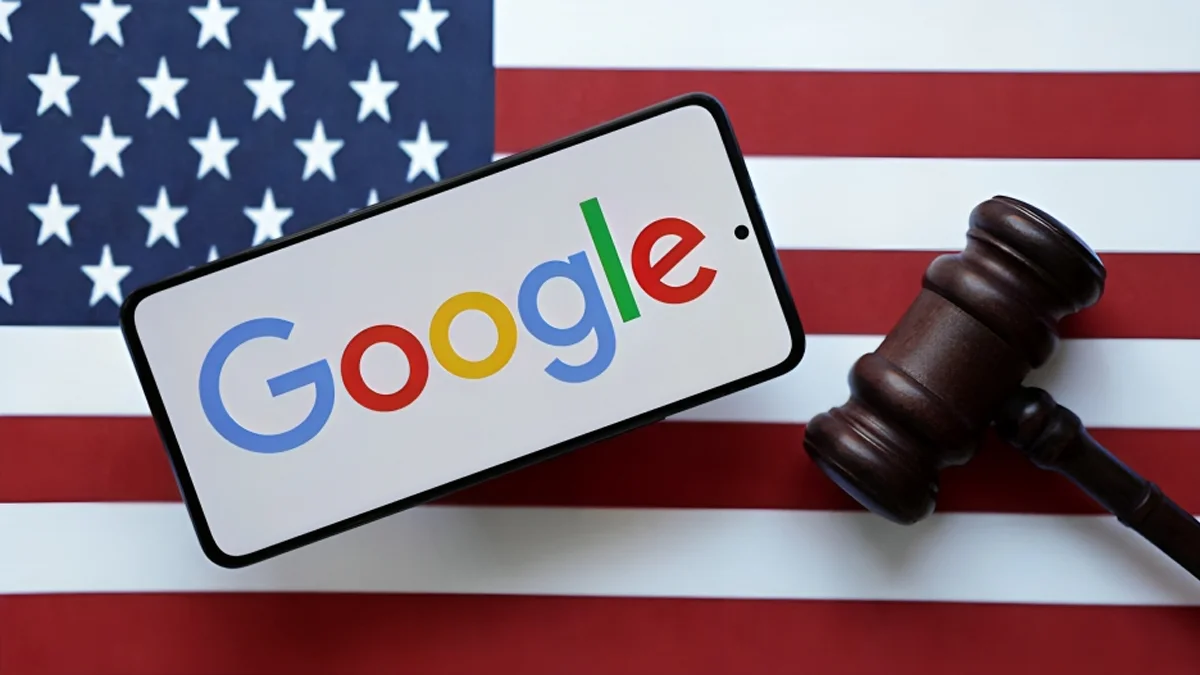Necessary Always Active
Necessary cookies are required to enable the basic features of this site, such as providing secure log-in or adjusting your consent preferences. These cookies do not store any personally identifiable data.
|
||||||
|
||||||
|
||||||
|

Earlier this month, the U.S. Department of Justice (DoJ) succeeded in convincing a District of Columbia Court that Google is an illegal monopoly. But that’s not the end, a decision on what needs to be done next must be made.
Bloomberg reported that following the Google monopoly ruling, attorneys in the Justice Department are now considering several options to propose to the court in the coming month.
The remedies being considered by the DoJ include an outright breakup of Google. If adopted, this option will force the giant tech company to make its search engine data accessible to competitors. Another proposal involves terminating agreements that make Google search engine a default on internet browsers and mobile devices.
“I think it’s going to be more complicated coming up with injunctive relief than it was finding the liability,” Antitrust Attorney Carl Hittinger said.
Google and the DoJ must submit proposed options or any other changes to Judge Amit Mehta, who ruled on the Google antitrust case, by September 4, two days before the scheduled hearing of the next steps.
Legal experts suggest that the remedies prosecutors propose will either alter the online search market or have minimal impact depending on what happens in the coming months.
Google plans to appeal Judge Mehta’s ruling at the District of Columbia’s Circuit Court of Appeals. On September 4, Google’s defense attorneys could ask the Judge to suspend any orders as it appeals the ruling.
“We’ve passed a key milestone, but there’s still a lot of history to be written,” a spokesman for DuckDuckGo said in a statement.
If the Court Appeal rules that Google hasn’t broken the law, Judge Mehta will lose the right to impose remedies. But if Google is found guilty and an order to adjust its behavior is issued, the judge could adjust his orders to restore competition.
A decision to split the tech giant after the Google monopoly lawsuit would reverberate across the tech universe, including the divestitures of its Chrome browser, the Android operating system, and the AdWords platform that steer users into Google search.
Changes to any of these solutions would affect Google’s revenue stream and deny it the data that fuels its broad advertising and search ecosystem. Legal experts say it’s highly unlikely the Judge will opt for this option, he must pick a remedy that serves the interest of the public.
“You can’t just yank the rug out from under the American public that’s been using Google’s service, now ingrained in our culture, without a substitute. Unless other competitors have a platform that is the same or better than Google, what’s the public supposed to use in the meantime?” Hittinger said.
Hittinger expects Judge Mehta to craft a remedy comparable to Xerox’s when it dominated the office copier market in 1975. The courts compelled Xerox to open its ecosystem and allow third- party components like ink cartridge suppliers to run on its machines.
But former attorney general at DoJ’s antitrust division, Bill Baer holds a different view. He sees Judge Mehta asking Google to divest Chrome or Android.
“The judge, in order to make this remedy meaningful, is going to have to do something that allows competition to flourish. Because they’re a monopolist, they charge the advertisers, who in turn charge us, a whole lot more than if the market were competitive,” he said.
Google’s rival, DuckDuckGo hopes Judge Mahta will compel Google to make search data accessible to competitors and allow users to pick their preferred search engine. Search engines rely on search data to keep tabs on what users search and how they navigate websites.
Google continues to monitor user activities after it dropped plans to drop third-party cookies last month. Accessing search data will enable DuckDuckGo and other search engines to compete against Google.